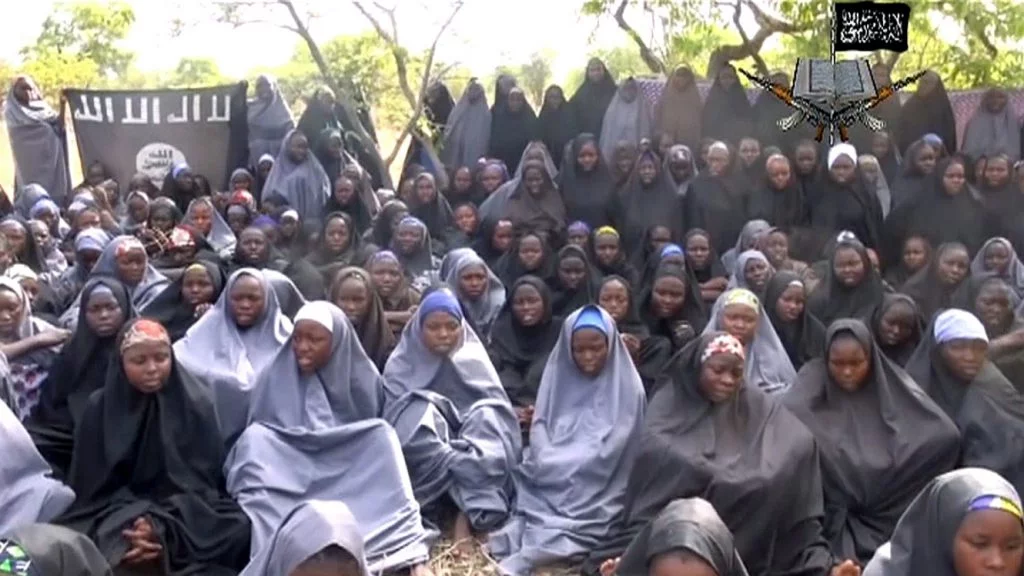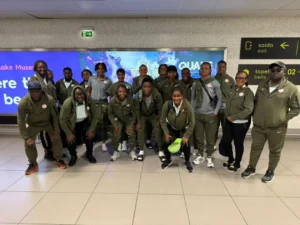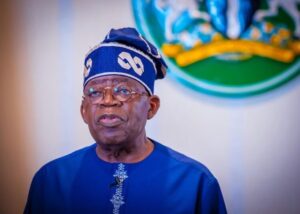Lawan Abba Wakilbe, the Borno State Commissioner for Education, has made a passionate appeal for immediate help for victims freed from Boko Haram captivity, especially women and children. He emphasizes the urgency of supporting these individuals as they face the challenges of reintegration into society after suffering violence, trauma, and displacement.
During a visit by Hamsatu Allamin, the CEO of the Allamin Foundation for Peace, Wakilbe shared the difficult reality faced by those freed from captivity. He noted that around 67,000 women and children currently reside in camps, struggling with economic hardships and trauma. Without intervention, these vulnerable individuals are at risk of further abuse and exploitation.
Wakilbe described heartbreaking stories, including the case of young girls returned from Cameroon, many with children of their own. He highlighted the story of an 11-year-old girl who arrived with three children, showing the desperate situation faced by these individuals. These victims urgently need reintegration support to rebuild their lives.
Poverty, Wakilbe explained, plays a major role in the exploitation of these women and children. Without economic opportunities, many are pushed into prostitution. Wakilbe stressed the importance of providing skills training and vocational education to help them become self-sufficient. He suggested that Technical and Vocational Education and Training (TVET) centers be established in border communities like Bama, Gwoza, and Kamburungara to give conflict-affected individuals the tools they need for a better future.
The Commissioner also discussed how traditional education systems are ill-equipped to meet the needs of children affected by conflict. Many of these children, such as the Chibok girls, need special programs to address their trauma. Regular schools have struggled to support them, leading to their placement in alternative education programs.
Wakilbe urged donor agencies to align their programs with the unique challenges of the region, emphasizing that the focus should be on long-term solutions. He pointed out that teaching local languages, like Hausa, in areas dominated by Kanuri, was missing the mark. Prioritizing English would help these children better adapt to modern education.
While Wakilbe praised the government’s efforts, such as training over 300 women in vocational skills and providing start-up packs, he stressed that more needs to be done. He called for more centers to teach skills and offer support to the victims, enabling them to rebuild their lives.
In conclusion, Wakilbe reaffirmed the state government’s commitment to partnering with organizations to provide sustainable solutions, ensuring that freed Boko Haram victims are not left behind as the region works toward recovery.







